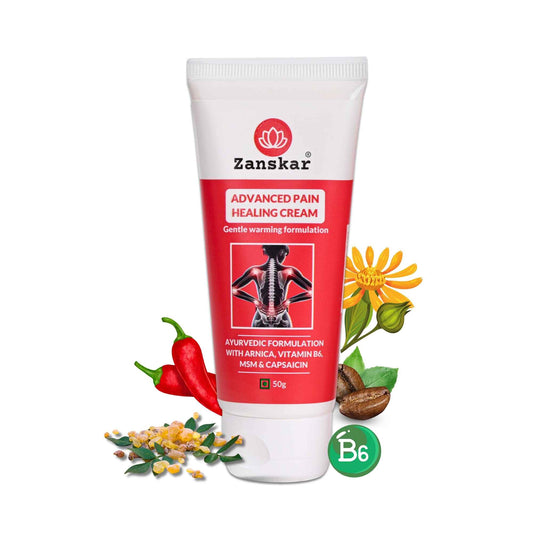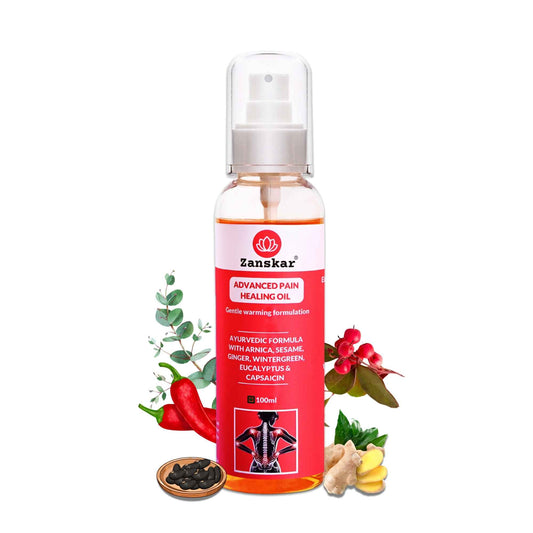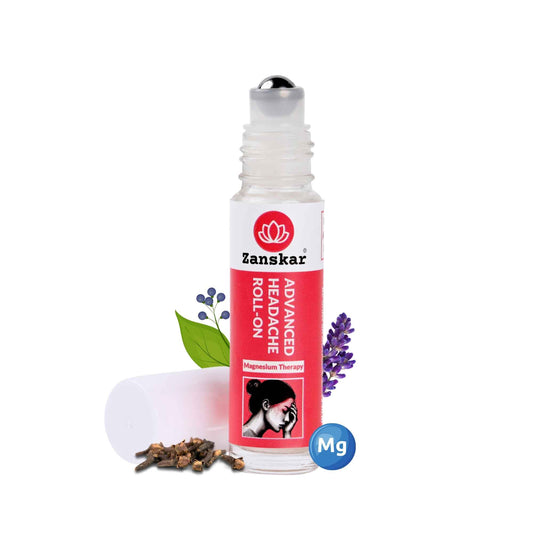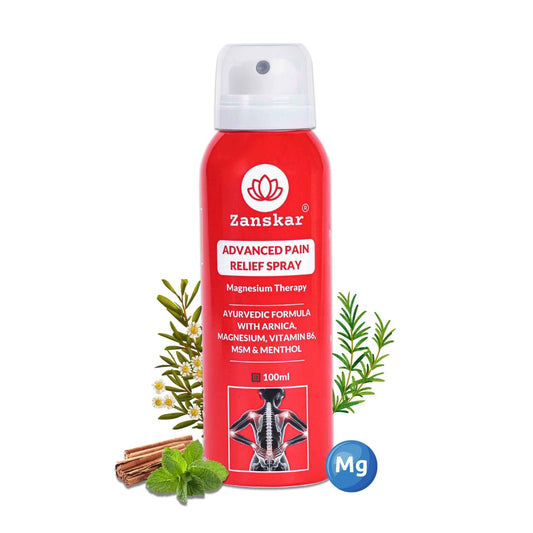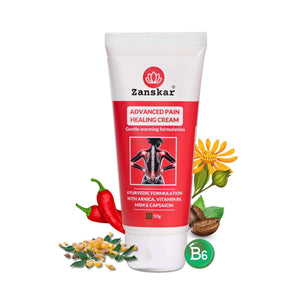
Exposure to tobacco over a long period of time has been linked to cardiovascular and lung diseases. However, it is not well known that smoking is also a risk factor for poor musculoskeletal health. The risk is more pronounced when one begins to smoke cigarettes at a young age or has been indirectly in contact with tobacco smoke for a prolonged time. This article will shed light on the effect of smoking on musculoskeletal health, including bone health.
Here’s what scientists have found about smoking and musculoskeletal health:
• Smoking increases your risk of developing osteoporosis — a weakness of bone that causes fractures. Elderly smokers are 30% to 40% more likely to break their hips than their non-smoking counterparts. Smoking weakens bones in several ways, including:
- Smoking reduces the blood supply to bones, just as it does to many other body tissues.
- The nicotine in cigarettes slows the production of bone-forming cells (osteoblasts) so that they make less bone.
- Smoking decreases the absorption of calcium from the diet. Calcium is necessary for bone mineralization, and with less bone mineral, smokers develop fragile bones (osteoporosis).
- Smoking breaks down estrogen in the body more quickly. Estrogen is important to build and maintain a strong skeleton in women and men.
• Smoking also effects the other tissues that make up the musculoskeletal system, increasing the risk of injury and disease:
- Rotator cuff (shoulder) tears in smokers are nearly twice as large as those in nonsmokers, which is probably related to the quality of these tendons in smokers.
- Smokers are 1.5 times more likely to suffer overuse injuries, such as bursitis or tendinitis, than nonsmokers.
- Smokers are also more likely to suffer traumatic injuries, such as sprains or fractures.
- Smoking is also associated with a higher risk of low back pain and RA.
• Smoking has a detrimental effect on fracture and wound healing:
- Fractures take longer to heal in smokers because of the harmful effects of nicotine on the production of bone-forming cells.
- Smokers also have a higher rate of complications after surgery than nonsmokers — such as poor wound healing and infection — and outcomes are less satisfactory. This is related to the decrease in blood supply to the tissues.
• Smoking has a detrimental effect on muscle growth because it slows lung growth and impairs lung function. As a result, there is less oxygen available for muscles used in sports, which suffer from impairment and break down more easily.
Key Takeaway
Smoking is detrimental to musculoskeletal health and people may experience lower back and joint pains without realizing that smoking could be one of the causes. Smoking cigarettes can lead to soft tissue injuries, RA, bone leaching, surgeries, and make bone healing complicated. The risk of developing osteoporosis and bone deformities in growing children can increase in passive smokers as well.
Learn More About Zanskar Health
If you have joint or muscle pain that makes it hard to move, Zanskar offers the most advanced full stack pain relief solutions for you.
Now available to purchase, Zanskar® Advanced Pain Healing Cream has a unique formulation of natural ingredients like Arnica, Vitamin B6, MSM and Capsaicin, which is trusted by over 20L+ pain sufferers globally. It provides lasting relief from muscle and joint discomfort that you can feel good about. Get your fix before stocks run out - buy now.
You can also gain access to therapeutic exercises and stretches for your condition by downloading the Zanskar Health physiotherapy mobile app. Additionally, you’ll have a personal care team to guide, support, and tailor our program to you, including behavioral and nutritional coaching.
Download our mobile app here 👉 download and track your exercise streak.
Medical Review: This article is written by Dr Nishtha Mittal (Senior Health Content Editor at Zanskar Health) and has been medically reviewed by Dr Rashi Goel (Senior Physiotherapist at Zanskar Health). This article and its contents are provided for educational and informational purposes only and do not constitute medical advice or professional services specific to you or your medical condition.





